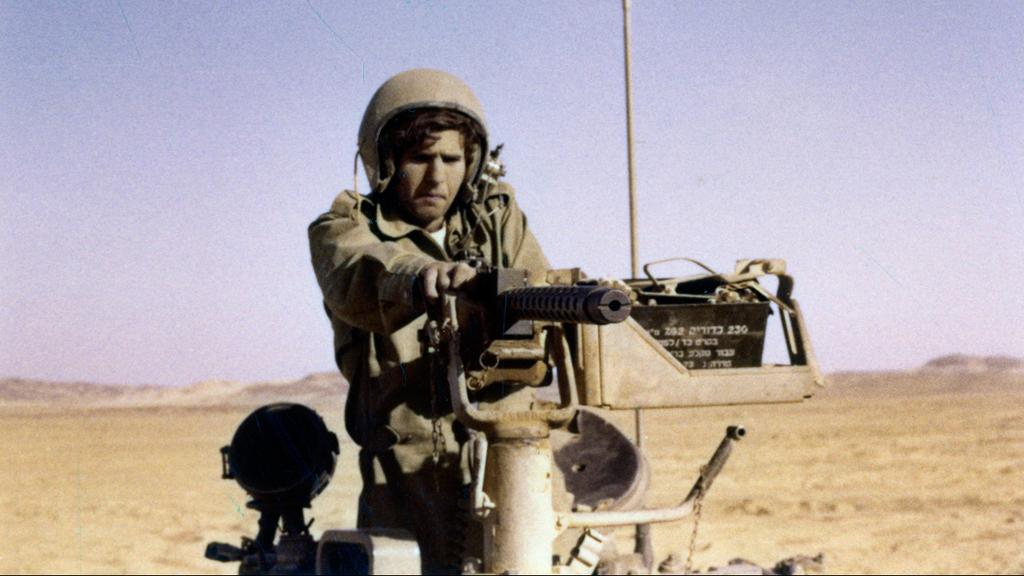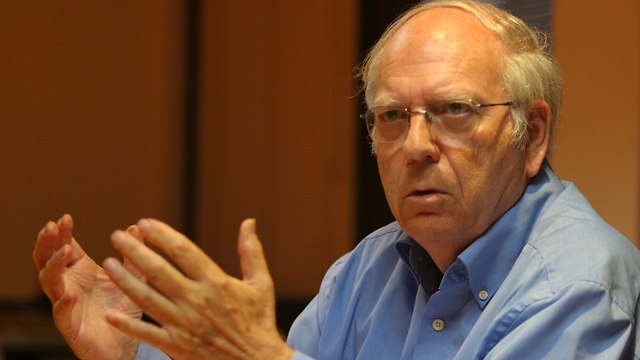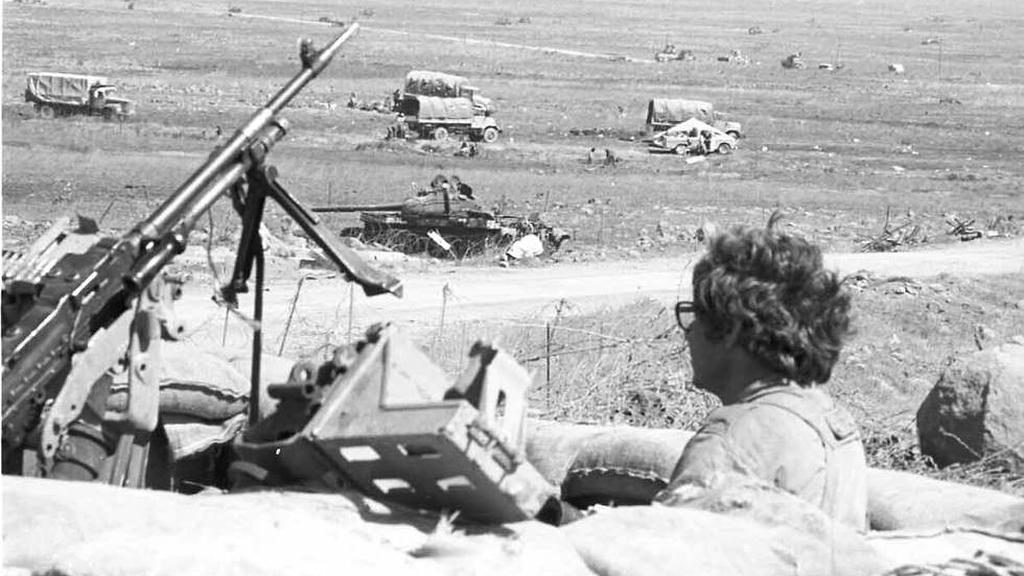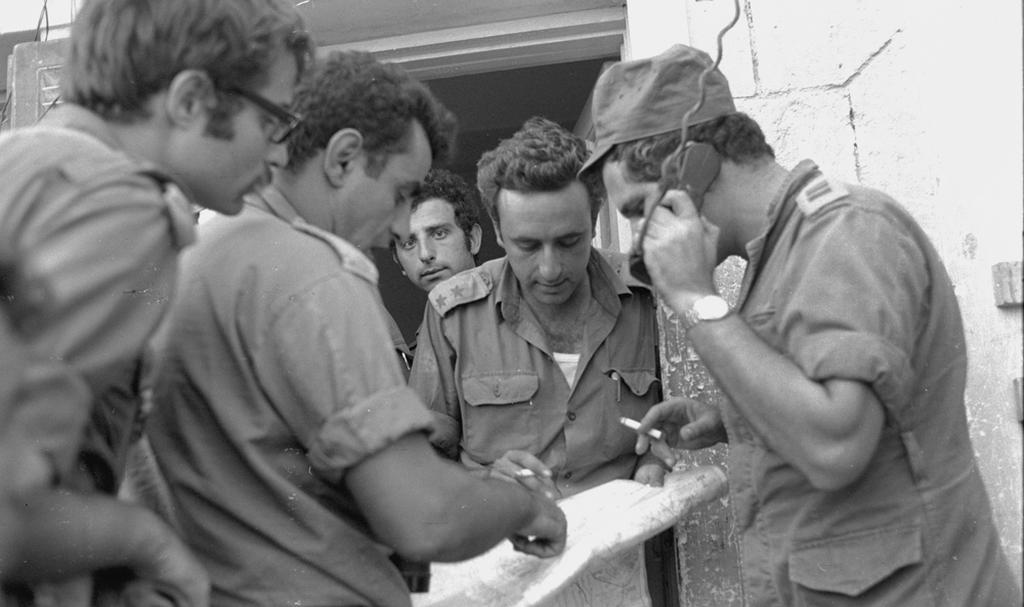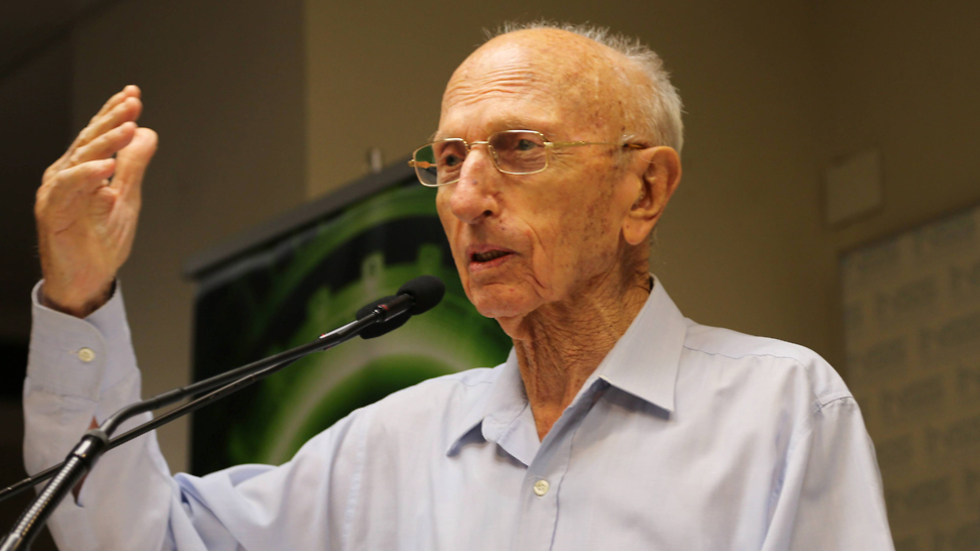Getting your Trinity Audio player ready...
The head of the Mossad spy agency during the 1973 Yom Kippur War said the deputy director the CIA should "kiss my ass," as Israel battled for its survival after a shock attack by the surrounding Arab nations on the holiest day of the Jewish calendar.
The anecdote emerged as another former Mossad chief, Efraim Halevy, discussed his role at the time of the war as the agency's chief representative at the Israeli embassy in Washington. Halevy was speaking at the Limmud FSU gathering in Ashdod last week.
According to Halevy, he was summoned on the third day of the war by CIA deputy head Vernon Walters, with whom he had a friendly relationship.
"He was sitting behind his desk with a stern face," Halevy said at Limmud. "He told me they had been receiving desperate requests for help from Israel for the past 48 hours, with the situation being the most dire since the War of Independence [in 1948], but they had to know where the security situation really stood after three or four days of war."
Halevy then explained to the Limmud crowd that the Americans wanted to know whether their assistance was still relevant at all.
6 View gallery
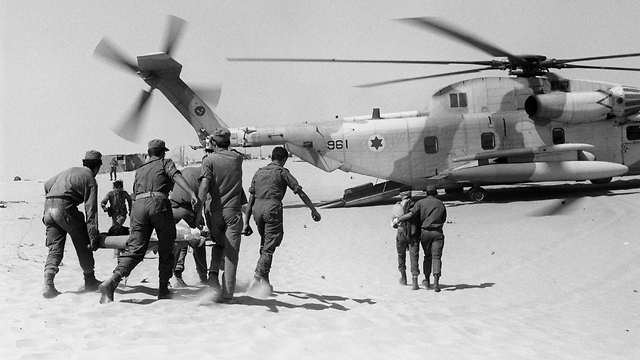

Wounded IDF troops evacuated on the Sinai front during the Yom Kippur War
(Photo: IDF archives)
"U.S. policy is to back the victor, so they wanted an official report of the exact state that the IDF and Israel were in at the time." he recounted.
Halevy said Walters gave him until the end of the day to provide the information or he would never see him again and the CIA would sever its ties with Mossad and Israel.
As he did not have the authorization to provide Walters with such information, Halevy hurried to the Israeli Embassy to send off an urgent wire to Jerusalem.
"Within half an hour we received an unsecured phone call," Halevy said. "Mossad Director Zvi Zamir was on the line and asked me about the meaning of my wire.
"I told him that we were talking on an unsecured line and he replied that he was well aware of that fact. I realized he was doing it on purpose so that whoever was eavesdropping in Washington could hear the conversation. He told me to call the guy I had just met with and tell him to kiss his ass."
Halevy also said that at the time, the IDF general staff did not have a clear picture of what was happening on the battlefield.
A week after the war, Israel had lost a third of its Air Force and a third of its tanks as it was pounded from Egypt, Syria and Jordan.
According to Halevy, if the situation would have continued, Israel would have been powerless to defend itself, so the report was had to be filed without misleading the Americans but still showing them that they were backing the winning side.
IDF Colonel Yuval Ne'eman took up the task and completed the report within 24 hours.
When the report was finished, Halevy and then-military attaché Maj. Gen. Motta Gur were instructed to meet with then-CIA director William Colby and then-secretary of state James Schlesinger.
"We were asked to hand the report only to them; we would do the talking and they would write everything down," said Halevy.
"We arrived at the Pentagon and saw the U.S. Army chief of staff [Gen. Creighton W. Abrams] in the lobby. He wanted to go into the meeting, but Motta told him he couldn't attend," he said.
"The general who did not take part in the meeting wasn't especially friendly towards Israel after that," Halevy said.
"Incidentally, the CIA director and the secretary of state told us they didn't have to write anything down because they could remember everything," Halevy said.
"We then realized there was a recording device in the room."
The U.S. eventually came to Israel's aid and sent an U.S. Air Force convoy with military aid.
Halevy said, however, that the convoy was not what turned the war to Israel's favor as most of the equipment only arrived after the war was already over.
"The game changer was our friend in the CIA, counterintelligence chief James Angleton, who made sure that we received American satellite images focusing on the battlefields.
"They provided us with real-time images of the whereabouts of every single vehicle," Halevy said.
"The data kept coming in and it became hard to decipher all the information. We worked around the clock and that's what decided the war," he said.
"There was no defense treaty between Israel and the U.S. back then so the question was, were the Americans serving their own national interests by helping us? They helped us because they sympathized with us and because they realized that with their assistance, we had a real chance of winning."


